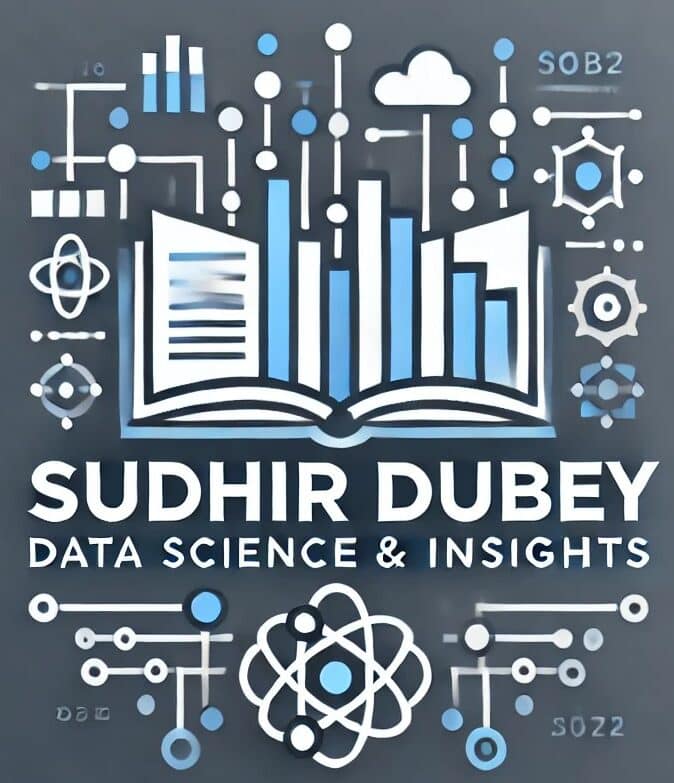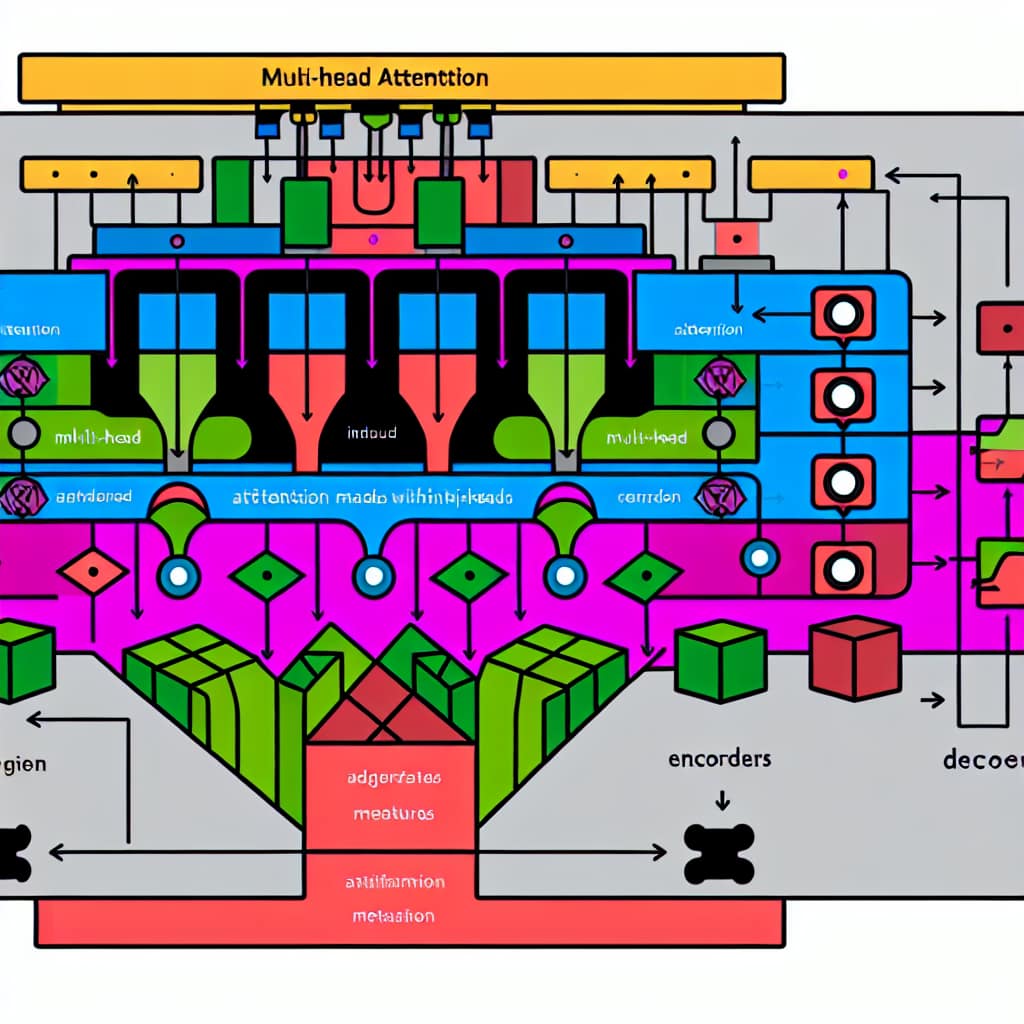Advanced Generative AI in Science: Transforming Scientific Discovery by 2025
The rapid development of AI in science is paving the way for unprecedented advancements in fields like drug discovery and materials science. By 2025, generative AI is expected to revolutionize the methods used in scientific discovery, making processes faster, more accurate, and cost-effective. The integration of AI technology addresses major pain points in research, such as massive data analysis and hypothesis testing, while offering scientists new capabilities to generate novel ideas and solutions. This article explores exciting applications of generative AI in science, charts emerging trends, and discusses its impact on scientific breakthroughs.
Advanced Applications of Generative AI
Generative AI refers to AI systems that can produce new, original content by learning patterns from existing data sets. This is particularly useful in scientific fields where innovation drives progress. For instance, in genomics, generative AI models can predict genetic sequences that lead to desired traits or disease resilience.
These advancements in AI in science facilitate the exploration of complex biological systems and speed up hypothesis-driven research. By using generative AI tools, researchers can simulate countless scenarios and outputs, reducing the experimentation time significantly and increasing the probability of groundbreaking discoveries.
Revolutionizing Drug Discovery
Drug discovery is a highly intricate and expensive process traditionally characterized by trial and error. Generative AI can streamline and optimize this process by providing a fast-paced, iterative environment for exploring potential drug compounds. Deep learning frameworks are employed to predict how different compounds interact with specific biological targets, allowing scientists to focus their efforts on promising candidates.
For example, start-ups like BenevolentAI are using generative models to identify molecules with desired therapeutic properties and predict their success in clinical trials, reducing time from conception to market. This application not only accelerates discovery timelines but also significantly reduces costs associated with drug development.
Innovation in Materials Science
In materials science, the emergence of AI-driven methodologies offers a transformative approach to discovering new materials with optimized properties. Generative AI in science can analyze a vast array of compositional and structural parameters, leading researchers to innovative materials that were previously unimaginable.
An exemplary case is the discovery of superconductors at lower temperatures, which could revolutionize energy transmission and storage. AI algorithms simulate thousands of molecular interactions and suggest new material configurations that might lead to breakthroughs in efficiency and performance.
Emerging Trends in AI and Data Science
The infusion of AI into science shapes emerging trends that redefine research paradigms. Automation in data processing, via machine learning (ML) models, creates opportunities to manage increasingly complex datasets, providing cleaner insights for scientific inquiry.
Generative AI techniques like GANs (Generative Adversarial Networks) and VAEs (Variational Autoencoders) are setting new benchmarks for data generation and simulation, enabling applications ranging from virtual experiment platforms to enhancing real-time decision-making.
According to a McKinsey report, the adoption of AI in scientific fields not only accelerates discovery but promotes interdisciplinary research, fostering new collaborations and unexpected advances across domains.
Frequently Asked Questions
What is generative AI in science?
Generative AI in science refers to AI systems that create new data or models by learning from existing datasets, helping scientists to simulate experiments and explore hypotheses more efficiently.
How does generative AI transform drug discovery?
Generative AI optimizes drug discovery by predicting compound interactions, automating data analysis, and reducing trial and error, thus accelerating the development of effective drugs.
Can AI predict new materials for scientists?
Yes, AI models can simulate and predict new material compositions, helping scientists discover materials with novel and enhanced properties for various applications.
Conclusion and Future Directions
The role of generative AI in science is one of transformative potential, capable of unlocking breakthroughs in drug discovery and materials science by optimizing processes and expanding the boundaries of research. As AI technology continues to integrate, we can anticipate even more sophisticated applications and collaborative innovations in AI and data science.
Researchers and AI professionals must stay informed on new developments and trends. By subscribing to industry-leading resources, monitoring advances on platforms like ours, and engaging in discussions with peers, the scientific community can better leverage AI’s capabilities for future achievements.
Explore more on this topic by visiting our resources on AI in research methodologies and innovations in data science.



